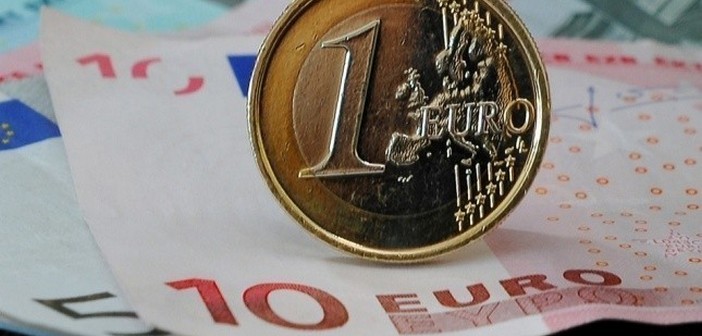The 2016 budget is expected to result in a deficit of 72 billion, representing a loss of 24% of revenues. Tax revenues in 2015 will amount to 278 billion euros compared to 274 billion in 2014, and in 2016, taxes should bring in 286 billion euros, an increase of 7.8 billion or 2.8% compared to 2015.
The situation could be better if tax evasion were not so high. In fact, since Switzerland lifted banking secrecy in 2013, 45,000 taxpayers have come forward to regularize their status. In 2014, this enabled the state to recover 1.9 billion euros, and in 2015 the estimate is 2.6 billion euros, as well as for 2016.
This is due to only 6,500 cases being processed.
Since it can be considered just the tip of the iceberg, it is apparent that if everyone paid a fair tax, the state could be less indebted.
The chapter of so-called corporate tax optimization remains open, estimated at 240 billion euros at the European level.
It is also interesting to note the importance of the yield of various taxes: VAT 50.5%, Income Tax 25%, Corporate Tax 12%, TIP 5.5%, and other taxes 7%. After a decrease of 7.7 billion euros in 2015, 2016 expenditures of 374.8 billion euros will regain their 2014 level and increase by 2.3% compared to 2015.
With a workforce of 1,916,276 jobs (full-time equivalent), the 2016 budget plan provides for the creation of 11,851 positions in favor of education (education and university), 2,300 positions in defense, 943 in justice, 428 in internal affairs, and 79 in the Prime Minister’s services. Other ministries will see their workforce decrease so that the 2016 workforce increases by only 8,202 jobs (FTE).
By the end of 2016, public debt will likely reach 2,100 billion, representing 96.5% of the Gross Domestic Product (GDP).
One can conclude that France has been very poorly managed financially for the past 35 years. In 1980, public debt was less than 100 billion.


